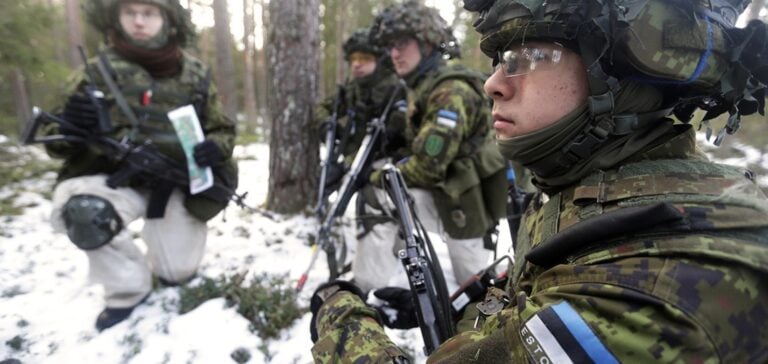The Joint Expeditionary Force (JEF), a coalition of ten northern European nations, has taken a decisive step by activating its “defense clause” for the first time. This exceptional measure, announced at a meeting of member countries’ defense ministers, reflects a coordinated response to recent incidents affecting underwater infrastructures in the Baltic Sea.
The Underwater Threat and the JEF Response
Recent incidents, including damage to a Finnish gas pipeline, have alarmed JEF member countries. However, these events were seen as a threat to regional security, requiring immediate and concerted action. The decision to activate the defense clause is in line with this logic of collective protection. The deployment of additional military resources, including maritime and air capabilities, is aimed at reinforcing the security of strategic submarine infrastructures.
Regional context and strategic implications
This initiative by JEF, an alliance led by the UK and including countries such as Denmark, Finland and Sweden, comes against a tense regional backdrop. The increased military presence in the Baltic Sea is not only a response to recent incidents, but also a strategic message to Russia, particularly in view of the security situation linked to the war in Ukraine.
Consequences and future prospects
The announced deployment will begin in December, and will include around twenty warships in the Baltic Sea and North Atlantic. This mobilization marks a turning point in the collective defense strategy of Northern European countries. It also raises questions about the future evolution of regional security and the potential implications for international relations, particularly with Russia.
JEF’s decision to activate its defense clause and deploy additional military resources in the Baltic marks a key moment in the collective response to regional threats, underlining the importance of solidarity and cooperation in security matters.






















